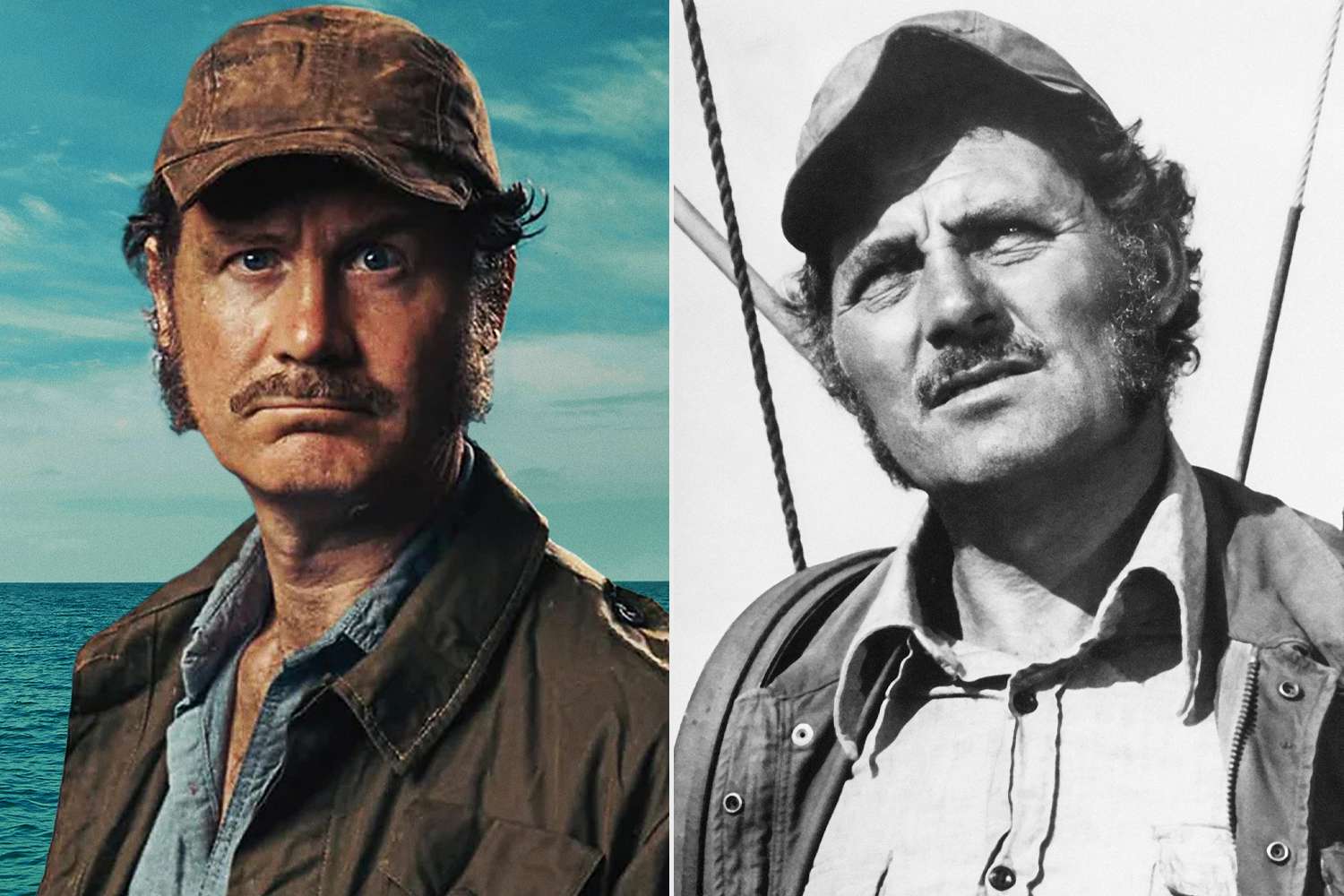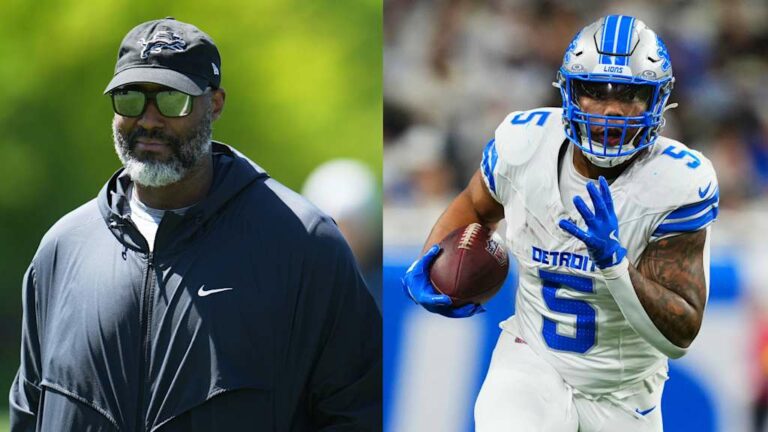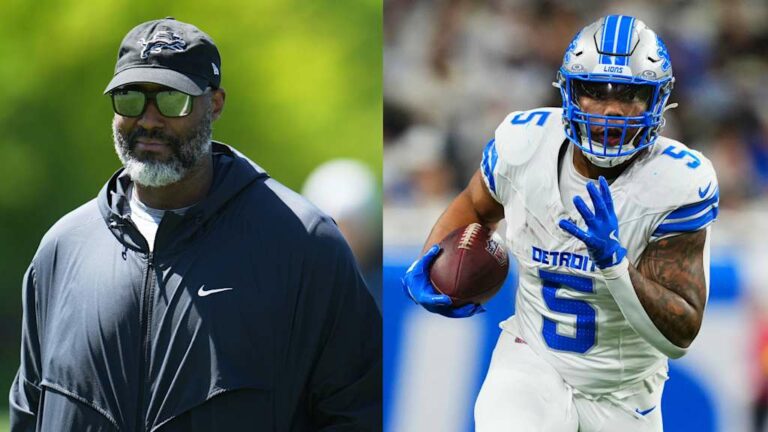Exploring the Legacy of Jaws and Robert Shaw’s Iconic Performance
When we think of iconic films in cinema history, few resonate as powerfully as Jaws. Released in 1975, this film not only redefined the thriller genre but also showcased unforgettable performances, particularly that of Robert Shaw as Quint, the grizzled shark hunter. In this post, we will delve into the impact of Shaw’s portrayal and how it has influenced popular culture, particularly in relation to sharks and marine conservation, while celebrating the ongoing legacy of this epic film.
Robert Shaw: The Man Behind Quint
Robert Shaw was an accomplished actor, playwright, and novelist, but it was his role in Jaws that sealed his status as a cinematic legend. Born in 1927, Shaw had a diverse career, garnering accolades for his performances on stage and in film. However, it was his intense performance as Quint that made him a household name. Quint’s character is deeply layered—he is a seasoned shark hunter with a haunting past, and Shaw’s ability to embody this complexity has made the character iconic.
The script, based on Peter Benchley’s novel, provides Quint with some of the film’s most memorable lines. Shaw’s delivery, particularly in the infamous monologue about the USS Indianapolis, brought a haunting realism to the character, drawing viewers into the twisted psyche of a man shaped by tragedy.
The Cultural Impact of Jaws
Jaws was more than just a box office smash; it became a cultural phenomenon. The film is credited with starting the summer blockbuster trend, forever changing how movies are marketed and released. It introduced audiences to a new kind of horror—one that was rooted in the unpredictable forces of nature, embodied by the fearsome great white shark. As a result, shark attacks became a subject of intense public fascination and fear.
The film’s tagline, “You’re gonna need a bigger boat,” has entered the lexicon of pop culture, illustrating how deeply ingrained Jaws has become in societal consciousness. The portrayal of sharks shifted dramatically following the film’s release. Sharks transformed from being seen as misunderstood creatures to symbols of fear, leading to widespread hunting and a misunderstanding of their role in marine ecosystems.
Robert Shaw’s Influence in Marine Conservation
Interestingly, while Jaws sparked fears about sharks, it inadvertently led to discussions about marine conservation. In recent years, there’s been a push to address the negative stereotypes propagated by the film. Shaw’s performance has been analyzed through the lens of this cultural impact, serving as a reminder of the complex relationship humans have with nature. Shaw’s portrayal highlights the destructive nature of revenge and obsession, themes that resonate with those advocating for a more harmonious relationship with marine life.
Shaw’s Legacy Continues: The New Generation of Filmmakers
Decades after its release, new filmmakers and writers explore shark stories differently, inspired by the complexities first introduced by Shaw’s Quint. As noted in a recent article from People Magazine, Robert Shaw’s legacy is being honored through works that seek to redefine the narrative around sharks and highlight the importance of conservation. The article features his son discussing the emotional weight of portraying his father in the documentary The Shark is Broken, which dives into the making of Jaws and explores Shaw’s transformative effects on the film industry.
For those interested, more can be read about the interplay between Shaw’s legacy and current shark narratives in the piece penned by his son at this link.
The Evolution of Shark Representation
In the wake of Jaws, filmmakers have begun to create narratives that not only thrill but also educate audiences about the importance of sharks in ocean ecosystems. Documentaries highlighting the realities of shark behavior and their ecological significance allow for a more nuanced understanding beyond the horror film tropes. These evolutions in storytelling owe much to the foundation laid by Jaws, showcasing how an iconic film can influence future generations.
Conclusion: A Lasting Impact and the Future of Shark Narratives
Robert Shaw’s performance as Quint in Jaws remains a benchmark for character development in film. His ability to convey raw emotion and humanity in a fearsome role continues to inspire both actors and filmmakers. As the narrative surrounding sharks evolves, it is crucial to reflect on Shaw’s influence while advocating for responsible storytelling that promotes understanding and conservation. As audiences ready themselves for new interpretations of shark stories, it’s essential to remember the legacy of those like Robert Shaw, who paved the way for deeper narratives about our relationship with the ocean and its creatures.








